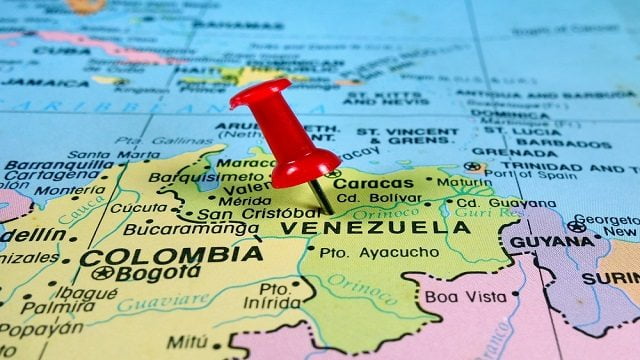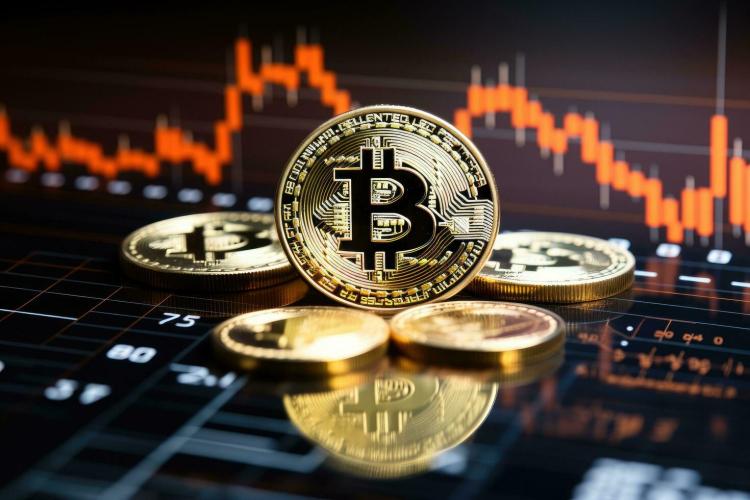Reason to trust

How Our News is Made
Strict editorial policy that focuses on accuracy, relevance, and impartiality
Ad discliamer
Morbi pretium leo et nisl aliquam mollis. Quisque arcu lorem, ultricies quis pellentesque nec, ullamcorper eu odio.
Recently, we reported on bitcoin activity in Russia. Now common knowledge, bitcoin usage has long been demoralized in the land of hammers and sickles. Those who indulge in the benefits of digital currency are faced with the prospects of prison time and exorbitant fees.
Despite these threats, bitcoin exchange site LocalBitcoins has witnessed increased activity in the previous months, even though access to the site was restricted by legislators and finance ministry executives. Instructions about how to bypass restrictions were given to those eager to continue using the site’s services, and activity has more than doubled.
But it appears Russia isn’t the only region witnessing this level of change. In Venezuela, where hyperinflation of the bolivar (the country’s native currency) seems to be running rampant, many have turned to bitcoin to edge them out of their financial woes. Activity on LocalBitcoins has increased among Venezuelan customers, along with usage on SurBitcoins. Through peer-to-peer services, many are receiving financial aid from family members and friends in Europe and in the U.S. and leaving Venezuela permanently.
Aside from hyperinflation issues, Venezuela is also undergoing a massive food shortage affecting roughly three-quarters of the population. Supermarkets are decorated with long lines of customers, who wait for hours just to get their hands on canned goods and other basic necessities, but waiting in line doesn’t guarantee results. Many customers still go home empty-handed and unable to feed their families.
For those continuing to stay in Venezuela, remittances have become extremely important, and bitcoin is proving to be more and more popular in this department. The country’s present situation is likely to birth higher usage, while Russian lawmakers appear to be taking back what they’ve felt all these years about bitcoin. According to deputy finance minister Alexei Moiseev, bitcoin doesn’t seem to pose danger to the public, and could potentially emerge as a valid entity of Russia’s economy in the near future. Perhaps illegalizing something is all a country needs to do to ensure its popularity.


























